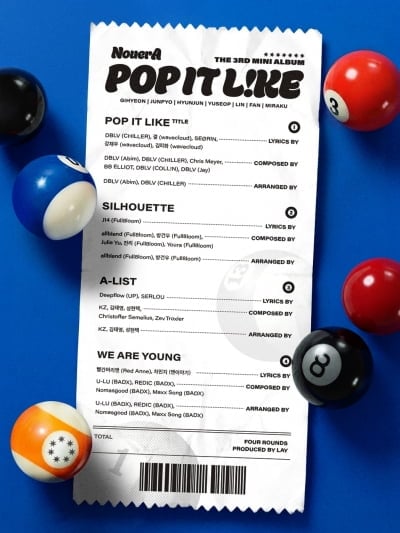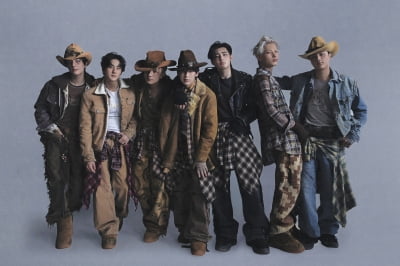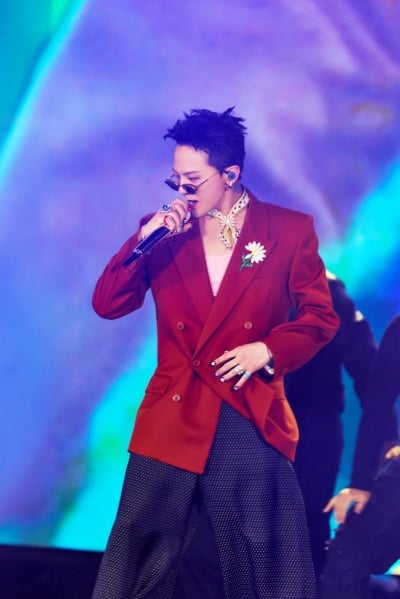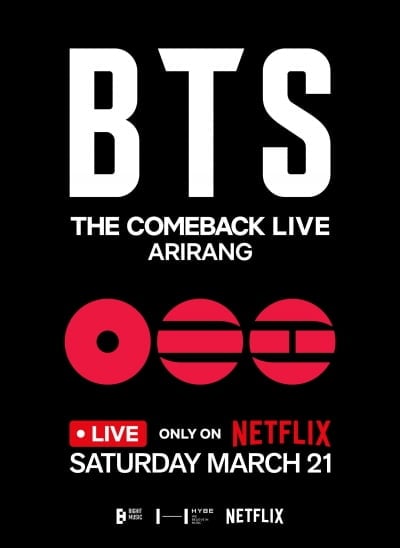MUSIC
Blackpink's Rosé Faces Unfounded Plagiarism Allegations Amid Global Success of 'APT.'
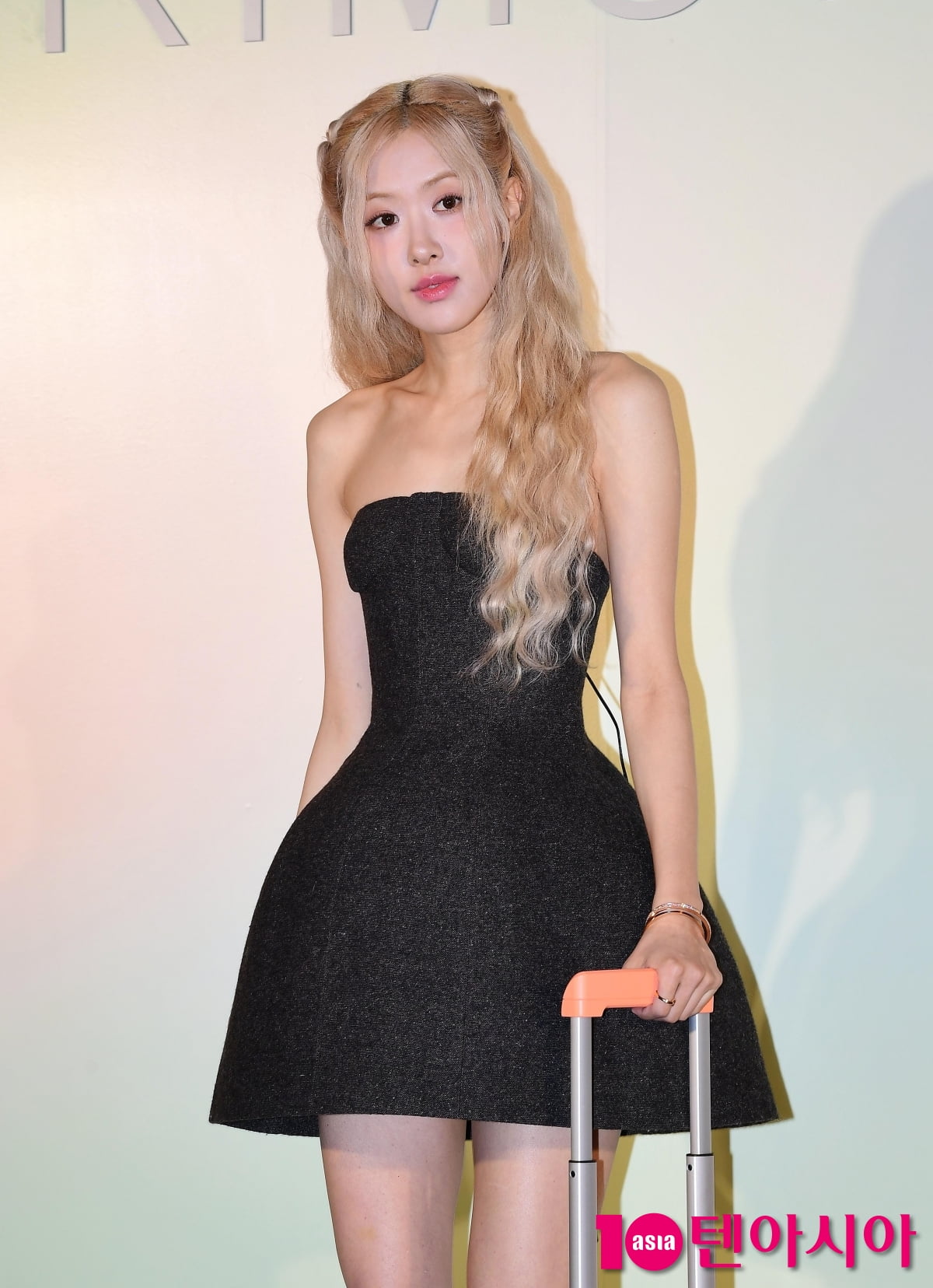
Recently, some online discussions have compared Rosé's new song 'APT.' to Japanese singer-songwriter Sawai Miku's 2013 release 'I'm Sorry, I Can't Be a Good Child,' pointing out similarities in certain sections.
The contentious part involves the chorus of Rosé and Bruno Mars' 'APT.' at the 32-second mark, 'Don't you want me like I want you, baby, Don't you need me like I need you now,' and the melody starting at 41 seconds in Sawai Miku's song.
While there is a perceived similarity in melody progression, music experts argue that the melody and chord progression are widely used, making it difficult to label as plagiarism.
Similar chord progressions can also be found in songs like Coldplay's 'Viva La Vida' (2008), One Direction's 'Night Changes' (2014), as well as tracks by groups like IVE and Babymonster.
A music industry insider told TenAsia, "The key in determining plagiarism is whether the progression is unique to the song. In Rosé's 'APT.,' apart from some sections, the song has distinct characteristics." They added, "There are many precedents where genre similarity does not constitute plagiarism."
The insider also noted, "The controversy seems to stem from jealousy over Rosé's global success. The music industry believes the issue originated from Japanese online communities."
They recalled, "When Psy's 'Gangnam Style' became a mega-hit worldwide, Japan also raised plagiarism claims. This seems to be a continuation of that pattern, and it feels like an unfounded controversy."
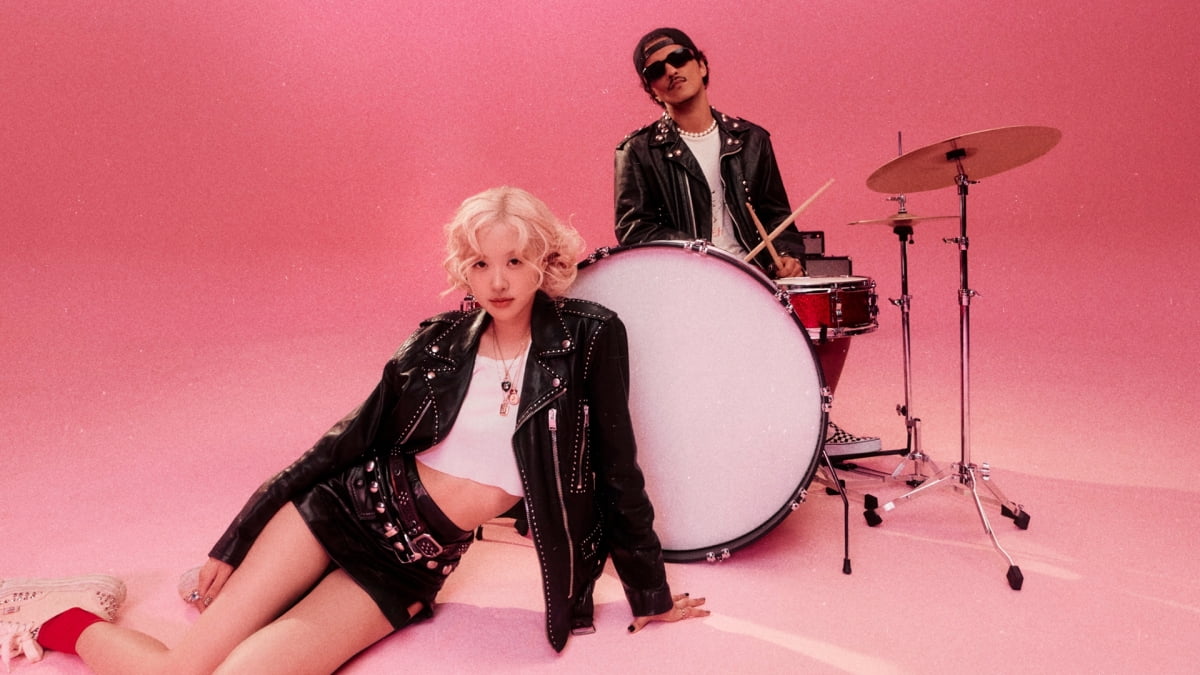
Additionally, it topped Spotify's U.S. chart and ranked first on iTunes charts in 40 regions. Within seven days of release, it achieved 100 million streams on Spotify, setting a new record for the fastest K-pop female solo artist.
Notably, the song also earned Bruno Mars his first number one on a Korean music show. After winning first place on Mnet's 'M Countdown' with 'APT.,' Bruno Mars expressed his gratitude in Korean, saying, "Thank you so much to the Korean fans. I cried all morning after getting my first music show win. Thank you to Rosé for helping me achieve this, and thank you for loving 'APT.'"
Choi Ji-ye, TenAsia Reporter wisdomart@tenasia.co.kr
